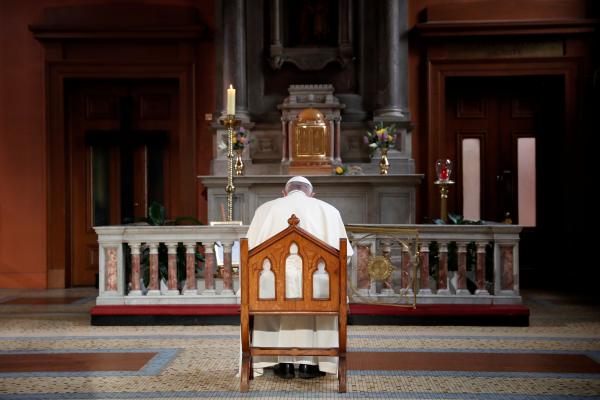Aug 29, 2018
There is a soulweariness shared by these ecclesiastical cousins on both sides of the Atlantic that pervades in the face of so much pain from the original insult, the resulting denials, obfuscation, and general mishandling; and, ultimately, the hope — that some measure of justice might be achieved and true healing commenced — repeatedly dashed.
Read the Full Article

Already a subscriber? Login
